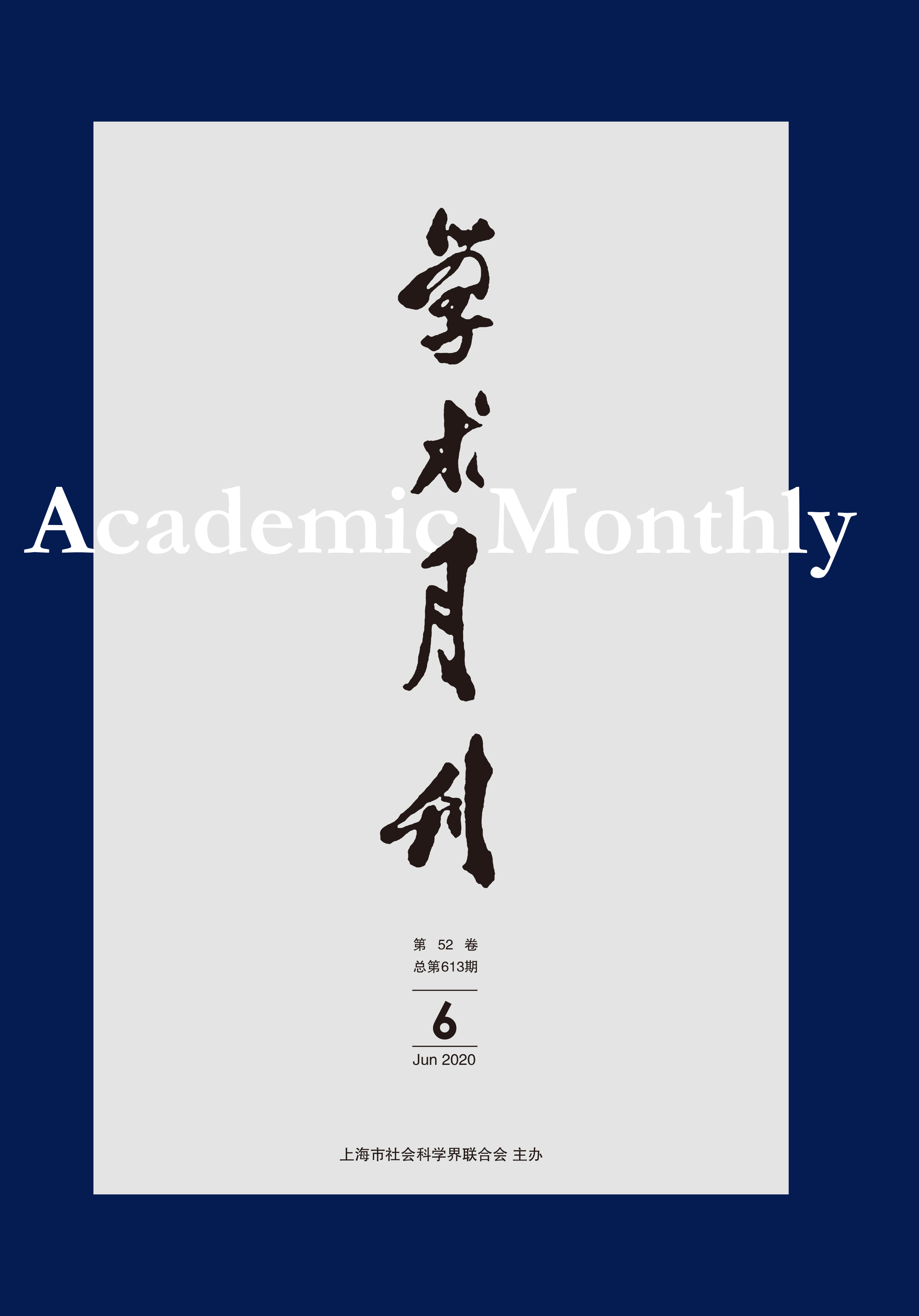Plenipotentiary, Resident Minister and Imperial Commissioner
Abstract: The issue of full powers and the resident minister issue were the core concerns of the negotiations around the Sino-British Treaty of Teintsin, 1858. The official title appointed to the British diplomat Earl of Elgin, High Commissioner and Plenipotentiary, was translated into Chinese title “钦差全权大臣” (Imperial Commissioner and Minister Plenipotentiary) and the term Resident Minister into “钦差” (Imperial Commissioner), both of which were greatly boycotted by the Qing government. In 1790s and 1810s, the two diplomatic British missions to China barely had any choice but to accept the translations of the titles of Lord Macartney and Lord Amherst into “贡使” (Tribute Bearer). As time went by, Sir Henry Pottinger’s title, in contrast to the previous ones, was translated as “钦奉全权大臣” (Her Majesty’s Plenipotentiary) during the negotiation of Treaty of Nanking, 1842, and Elgin’s title as “钦差全权大臣” in 1858. This finding not only shows that such translations were the Britain’s quests for the equality between the two nations in diplomatic relations since Lord Macartney’s visit to China. More importantly, later translations gave birth to a new unequal relationship between the two great powers and reflected the rise of the Great Britain and the collapse of the Celestial Empire. Diachronically, the British side’s pursuit of seemingly equivalent translations of titles, though, in the beginning, denied secretly by the Emperor Qianlong and furiously resisted by the Emperor Xianfeng, were successfully included at last in the such unequal treaty as the Treaty of Teintsin, 1858, which put the newly initiated Sino-British diplomatic relations into a new unequal standing. The Qing government was eventually placed in an awkward position in a foreign-dominated treaty system so formed.



 沪公网安备 31010102003103号
沪公网安备 31010102003103号 DownLoad:
DownLoad: